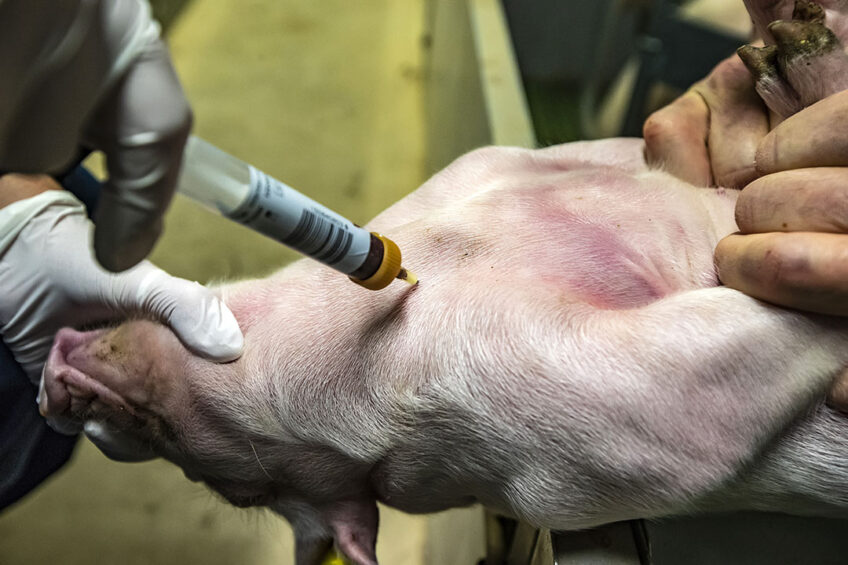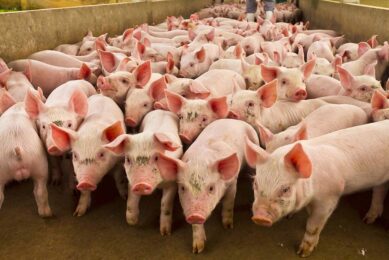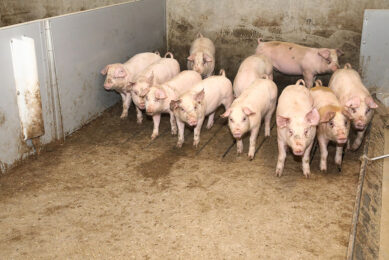New PRRS strain spreads to 6 US states

A fairly new strain of PRRS originally identified in Iowa has now spread to 5 other US states: Missouri, Minnesota, Indiana, Illinois and Ohio.
The new variant has been classified as PRRS Lineage 1C RFLP pattern 1-2-4. In a recent interview, Dr Megan Niederwerder, Associate Director of the US Swine Health Information Center, explains that with this strain, there have been reports to the Center relating to prolonged PRRS infections and difficulty eliminating the disease.
PRRS is 1 of the most ever-evolving pig viruses
Porcine Reproductive and Respiratory Syndrome (PRRS) is a serious pig disease, with a causal RNA virus that is one of the most ever-evolving viruses known.
As explained in a recent Pig Progress ‘Meet the Expert’ interview, associate professor Dr Daniel Linhares of Iowa State University emphasised that the more diverse a virus, the greater the impact on productivity.
Prevention effectiveness
Dr. Niederwerder stresses that it is critical to identify the strain circulating in each herd. In particular, knowing the strain is needed in order to determine if a modified live virus vaccine (MLV, used by some in the industry) will be effective or not.
Vaccinations
However, recently in Pig Progress, veterinarian Dr Neil DeBuse at the Minnesota Swine Reproduction Center explains that MLV vaccines should likely not be the industry’s primary or only tool for PRRS control. He believes that “because MLV vaccines represent a likely root cause of new PRRS virus strain emergence over time, their use must be examined closely.”
There are many biosecurity protocols that producers should be using to prevent the spread of PRRS and other diseases. These include proper cleaning and disinfection of livestock transport trucks.
New technology to kill the virus
As reported recently in Brownfield Ag News, a technology firm called Germ Solutions has developed a product which acts on RNA and DNA pig viruses.
Thomas Lawton, director of sales with Germ Solutions, explains that the technology takes oxygen and water molecules in the air and it turns them into essentially hydrogen peroxide and hydroxyls that are then distributed into the air at high speed. These disinfectant substances take carbon atoms from the viruses, destroying them.
This technology is already being used in many locations from schools to hospitals.
Lawton adds that Germ Solutions is currently looking for pig producers to participate in on-farm testing.
 Beheer
Beheer








 WP Admin
WP Admin  Bewerk bericht
Bewerk bericht